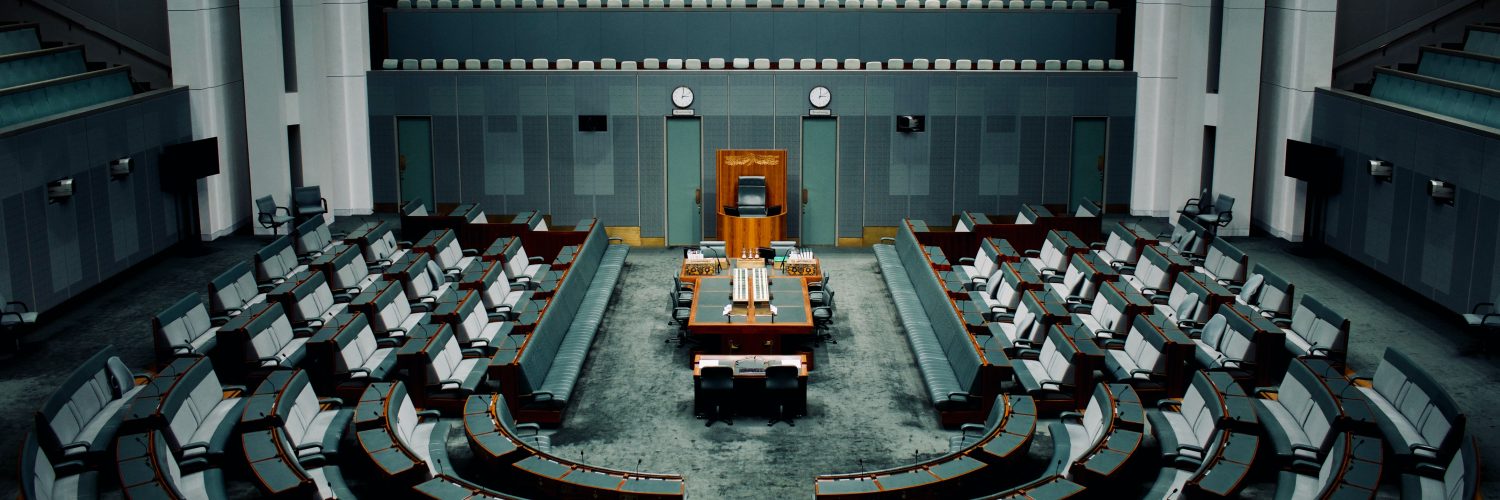On July 11, 2002, the ECJ issued its decision in the case C-62/00 (Marks & Spencer).
Context: Sixth VAT directive – National legislation retroactively curtailing a limitation period for repayment of sums unduly paid – Compatibility with the principles of effectiveness and of the protection of legitimate expectations.
Article in the EU VAT Directive
Article 11(A)(1) of the Sixth VAT Directive (Article 73 of the EU VAT Directive 2006/112/EC).
Article 73 (Taxable amount)
In respect of the supply of goods or services, other than as referred to in Articles 74 to 77, the taxable amount shall include everything which constitutes consideration obtained or to be obtained by the supplier, in return for the supply, from the customer or a third party, including subsidies directly linked to the price of the supply.
Facts
- Marks & Spencer is a retailer established in the United Kingdom specialising in the sale of food and clothing.
- Marks & Spencer sold gift vouchers to corporate purchasers at a price which was less than their face value. The gift vouchers were then sold or given away to third parties who could redeem them by returning them to Marks & Spencer and receiving, in return, goods equivalent in price to the face value of the vouchers.
- In December 1990 Marks & Spencer informed the Commissioners that in its view it should account for VAT on the amounts which it received when it sold the vouchers and not on their face value.
- In January 1991 the Commissioners ruled that Marks & Spencer should account for VAT on the face value of the vouchers. It proceeded to do so until the Court of Justice gave judgment on that question in Case C-288/94 Argos Distributors [1996] ECR I-5311). In that case, the Court held that Article 11A(1)(a) of the Sixth Directive must be interpreted as meaning that, when a supplier has sold a voucher to a buyer at a discount and promised to accept that voucher subsequently at its face value in full or part payment of the price of goods purchased by a customer who was not the buyer of the voucher, and who does not normally know the actual price at which the voucher was sold by the supplier, the consideration represented by the voucher is the sum actually received by the supplier upon the sale of the voucher.
- As a result of that judgment it became apparent that the VAT regime applied by the Commissioners to the gift vouchers sold by Marks and Spencer was incorrect. Therefore, by a letter dated 31 October 1996, Marks & Spencer submitted a claim to the Commissioners in respect of the period from May 1991 to August 1996 for repayment of VAT in the amount of £2 638 057 which it had overpaid as a result of that error. That claim was further particularised in letters dated 6 and 22 November 1996.
- By a letter dated 11 December 1996, the Commissioners stated that they were prepared to repay that part of the VAT relating to the sale of gift vouchers during the period not affected by the introduction of the three-year limitation period which came into effect on 18 July 1996. The corresponding repayment of £1 913 462 was made to Marks & Spencer on 15 January 1997.
- Marks & Spencer requested an internal review of the decision of the Commissioners to apply the three-year limitation period to its claim. The Commissioners maintained their position.
- On 15 April 1997 Marks & Spencer challenged that decision before the VAT and Duties Tribunal, London, which dismissed Marks & Spencer’s application on 22 April 1998. Marks & Spencer appealed to the High Court of Justice of England and Wales, Queen’s Bench Division, which dismissed the appeal by decision of 21 December 1998. Marks & Spencer then appealed to the Court of Appeal.
- By judgment of 14 December 1999, the Court of Appeal dismissed Marks & Spencer’s appeal relating to the claim for repayment of VAT wrongly paid in respect of the sale of gift vouchers for the period from August 1992 to August 1996 inclusive
Questions
In the circumstances in which a Member State has failed to implement properly in its domestic legislation Article 11A of Council Directive 77/388, is it compatible with the principle of the effectiveness of the rights that a taxable person derives from Article 11A, or with the principle of the protection of legitimate expectations, to enforce legislation which removes with retrospective effect a right under national law to reclaim sums paid, by way of VAT, more than three years before the claim is made?
AG Opinion
Where a Member State has received overpayment of tax as a result of the incorrect transposition and/or application of directly effective provisions of the Sixth Council Directive 77/388/EEC of 17 May 1977 on the harmonisation of the laws of the Member States relating to turnover taxes – Common system of value added tax: uniform basis of assessment, such as Article 11A(1), the retrospective shortening of the limitation period laid down for recovery of such overpayment is incompatible with the principle of effectiveness and with the principle of the protection of legitimate expectations.
Decision
National legislation retroactively curtailing the period within which repayment may be sought of sums paid by way of VAT collected in breach of provisions with direct effect of Sixth Directive 77/388/EEC of 17 May 1977 on the harmonisation of the laws of the Member States relating to turnover taxes – Common system of value added tax: uniform basis of assessment, such as those in Article 11A(1), is incompatible with the principles of effectiveness and of the protection of legitimate expectations.
Summary
Source
Similar ECJ cases
Reference to the case in the other EU MS
Newsletters














